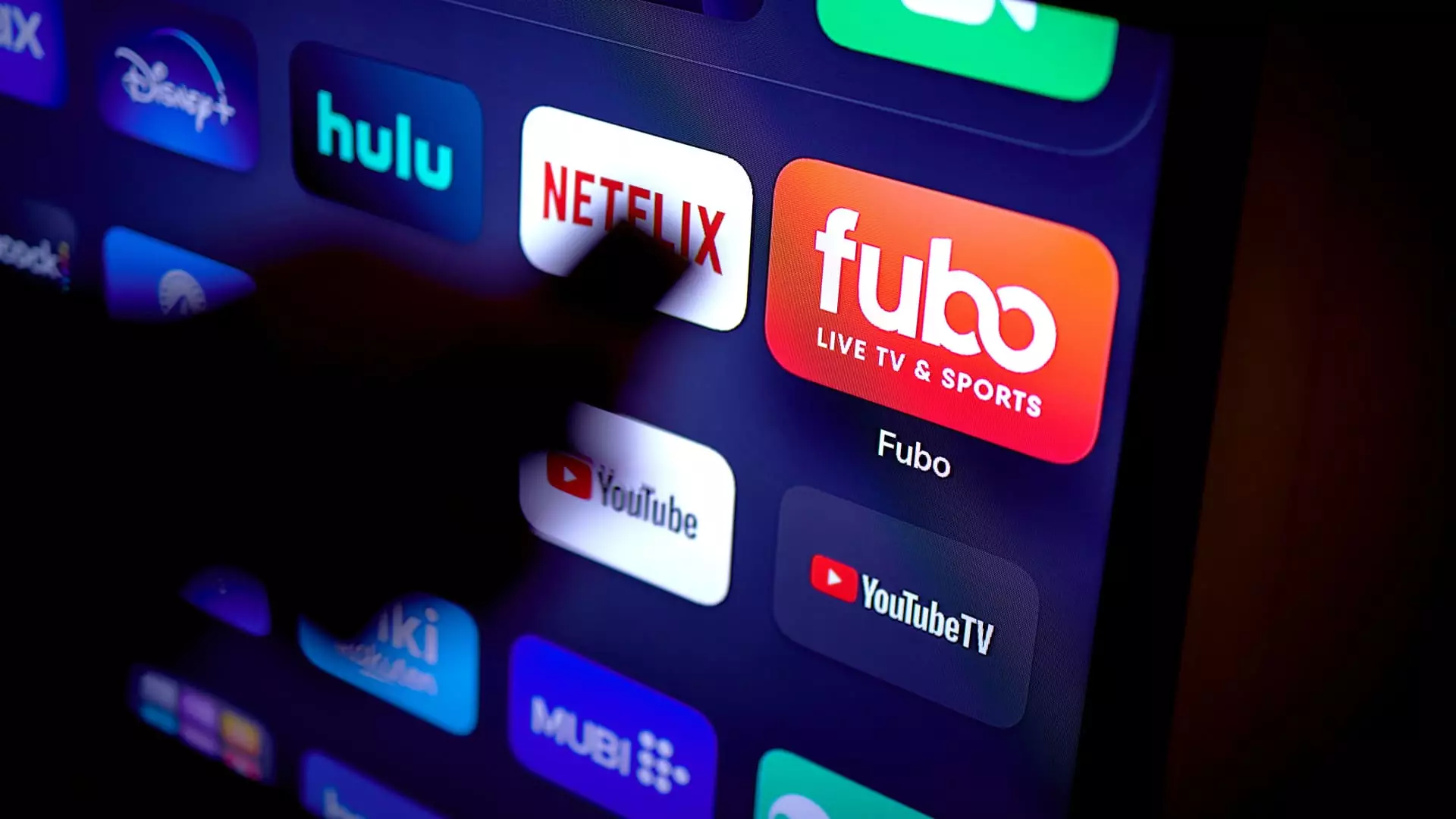In a landmark move that signals the ongoing evolution of the streaming landscape, Disney recently announced its plan to merge its Hulu+ Live TV service with Fubo, a prominent internet TV provider. As part of this agreement, Disney will acquire a commanding 70% ownership stake in the new entity—leaving Fubo shareholders with a 30% share. This decision reflects a broader trend in the media industry where giant corporations seek to consolidate their resources to compete against growing streaming competition.
The combination of these two services is poised to create a formidable player in the streaming arena. With 6.2 million combined subscribers, this partnership enables Disney and Fubo to enhance their offerings and appeal to a larger audience, especially those who still prefer the traditional model of live television.
While both Hulu+ Live TV and Fubo will continue to operate as separate entities after the merger, their integration hints at a broader strategy to streamline service offerings. Consumers can still access Hulu+ Live TV through its primary app or as part of Disney’s extensive streaming package that includes Disney+ and ESPN+. However, crucially absent from this merger is Hulu’s extensive library of original content, which remains a key competitor in the streaming wars, alongside giants like Netflix and Amazon Prime Video.
The financial implications of this merger are already notable. Fubo’s stock, which saw substantial fluctuations following the announcement, highlights investor optimism, with shares soaring as much as 170% at one point. This illustrates a widespread belief that the combined entity will quickly become cash flow positive, positioning Fubo as a major player in an increasingly cutthroat environment.
In a noteworthy aspect of the merger discussions, Disney’s litigation history with Fubo surfaced. Disney, along with Fox and Warner Bros. Discovery, had been facing legal challenges pertaining to their proposed sports streaming service, Venu. This merger not only resolves those legal disputes but also includes a substantial financial commitment from the three companies—a $220 million cash payment to Fubo and an additional $145 million term loan due in 2026. The structure of this deal underscores the complexities and financial intricacies that characterize major mergers in the media landscape.
Moreover, if the newly proposed merger were to collapse, Fubo would take home a $130 million termination fee, a clause indicative of the high stakes involved in such negotiations.
Leadership post-merger remains with Fubo’s existing management team, including co-founder and CEO David Gandler. However, the governance structure will transition to have Disney appoint the majority of the board, a move that could potentially influence future strategic decisions. This blending of oversight suggests that while Fubo retains its operational leadership, Disney’s expansive market knowledge and resources will likely shape the merged company’s trajectory.
As the entertainment industry continues to shift towards digital streaming—a landscape increasingly dominated by a few key players—the merger of Disney and Fubo marks a significant moment in redefining how live content is delivered. Viewers and investors alike will be keenly observing how this partnership unfolds and what it means for the future of streaming television.

